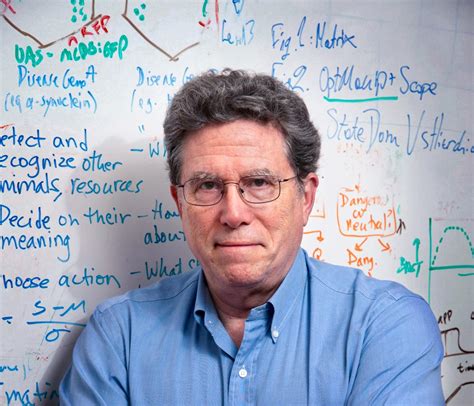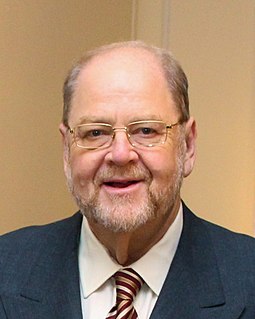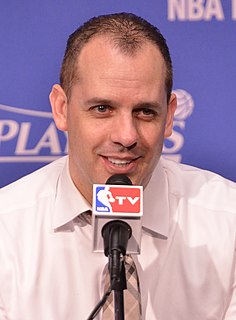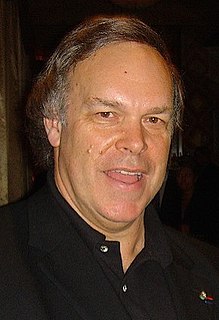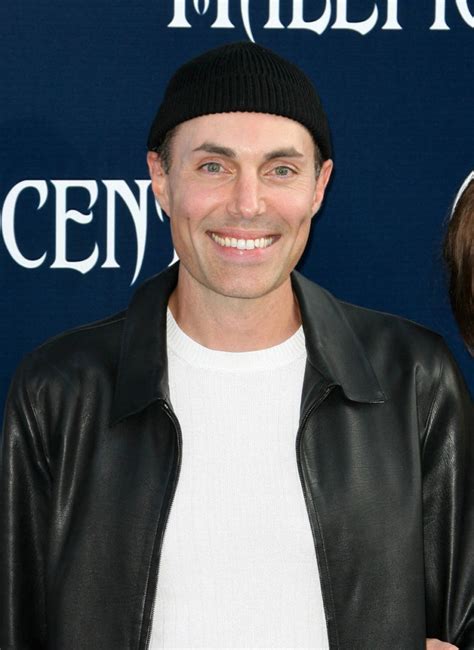A Quote by Venkatraman Ramakrishnan
I started working on ribosomes when I was a post doc, in 1978, when it would have been impossible, really, to solve it. But, it was just a fundamental problem in biology.
Related Quotes
People have been trying to do kind of natural language processing with computers for decades and there has only been sort of slow progress in that in general. It turned out the problem we had to solve is sort of the reverse of the problem people usually have to solve. People usually have to solve the problem of you're given you know thousands, millions of pages of text, go have the computer understand this.
When I was first thinking about what would become Venture for America, I was trying to figure out how to solve a problem - that our top young people were being driven to roles that did not, to me, address the needs of our time. That VFA would be a non-profit just seemed like the most efficient way to solve the problem.
Republican or Democrat candidate for Presidency ought to say: I look forward to working with the president to solve the problem. People expect us to come here to solve problems. And thus far, the attitude has been: Let's just kind of ignore what the president has said and just hope somebody else comes and solves it for us. And that's what I'd be running on. I'd be running on the economy and I'd be running on national security. But since I'm not running, I can only serve as an adviser to those who are.
Solving the population problem is not going to solve the problems of racism, of sexism, of religious intolerance, of war, of gross economic inequality. But if you don't solve the population problem, you're not going to solve any of those problems. Whatever problem you're interested in, you're not going to solve it unless you also solve the population problem. Whatever your cause, it's a lost cause without population control.
We have to start encouraging women to get into math and science early on in life... But to just say TechCrunch is perpetuating the problem because there aren't enough women speakers at our events is just a way to get attention and not solve the problem. So do we want to solve the problem, or do we want to just pick on me?



